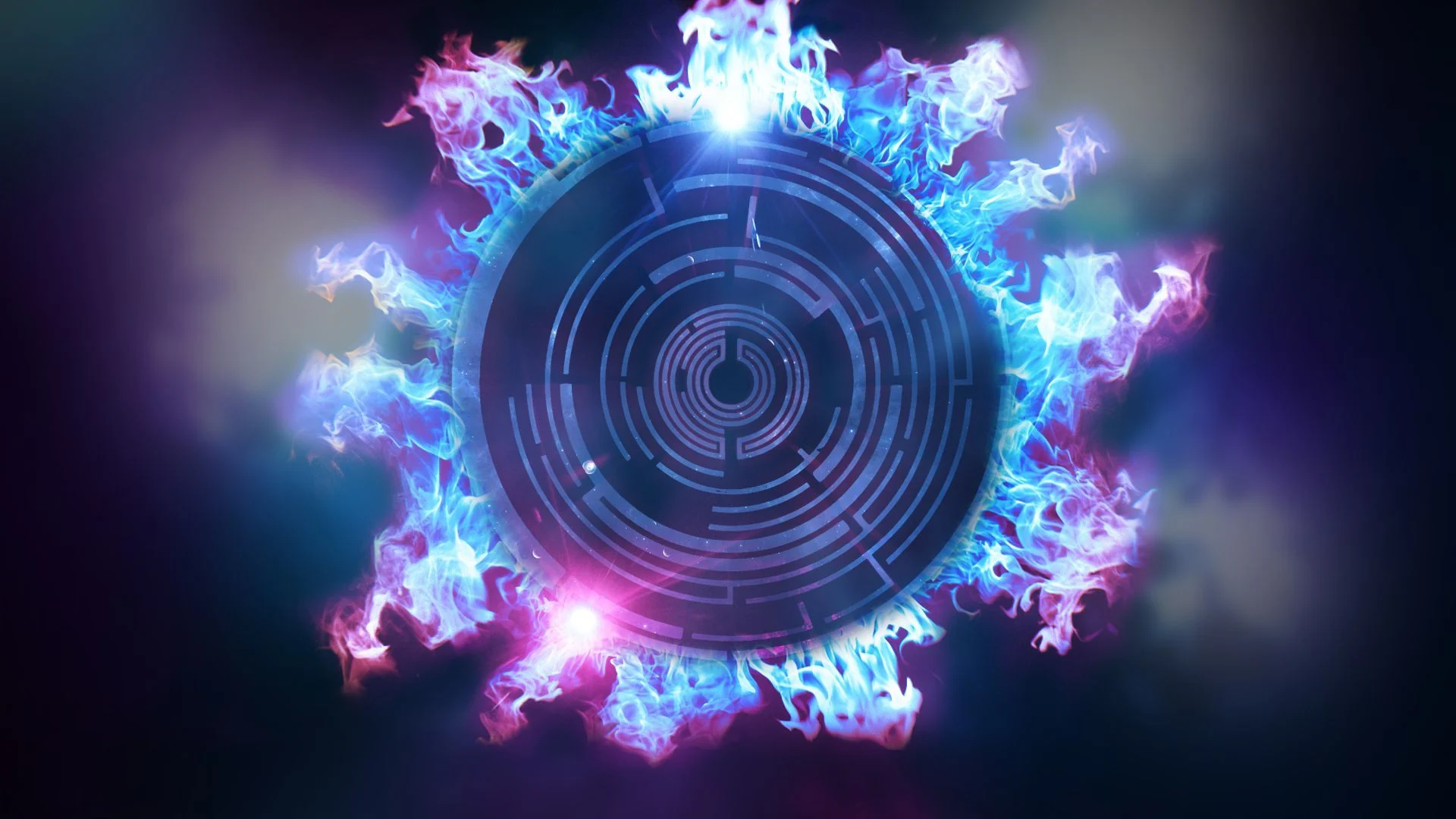An effective introduction helps establish the value of your article and engage readers. However, errors such as spelling can threaten even the finest piece of writing.
Learning the proper spelling of science can make you sound more professional and credible when discussing scientific topics. Breaking the word down into its individual syllables and associating each syllable with visual cues may help you remember it more easily.
I before E
People often associate science with lab coats, test tubes, Einstein, and dog-eared text books – yet it entails much more than this! Science encompasses so much more; it is the pursuit of knowledge across every aspect of our world through observation and experimentation; therefore it is vital that those working in this field possess strong spelling and pronunciation abilities in order to ensure accurate communication.
Spelling mistakes can be easily made among native English speakers; however, those working in scientific environments must understand the significance of adhering to standard spelling of “science.” Having correct spelling and pronunciation will enable individuals to better communicate their ideas more efficiently while building credibility in the scientific community.
There are several exceptions to the general “i before e” rule, such as words such as their, dreidel, heinous and heir. But the most significant is when words end with “-cy” or “-cie,” because their e sounds different than in neighbor and weigh. Because these -cy/cie words do not sound similar, dictionary and spell check should always be consulted prior to using these terms in scientific settings. Other notable exceptions include cheiromancies, cleidomancies/obeisancies/oneiromancies as these terms do not appear frequently enough for usable usage reminder of violating the i-before-e rule.
E before C
As with most spelling rules, E should come before C when spelling science. English provides some exceptions such as financier and species; nevertheless, this rule should never be broken for words with long e sounds like science or even biology.
After understanding its origins and phonetic structure, the word science becomes simple to pronounce and spell. This is because its initial syllable produces a soft “sigh” sound, while its final one sounds similar to essence.
To help you remember these sounds and letters more easily, try associating the letters of science with visual cues – for instance picturing letter “S” as a microscope and letter “C” as a beaker – such mnemonic devices can help you retain how to spell a word without having to think too hard about how you spell it! This approach can also make spelling more natural!
Science is an indispensable field that shapes our world and advances humanity, so having the ability to spell words properly and accurately is crucial in communicating scientific research effectively and building credibility among peers in the scientific community. Thus, learning the rules of spelling consistently and practicing regularly in order to become an accomplished scientist.
C before E
One of the most frequently made spelling errors is switching out “i” for an “e”, leading to “science.” This error usually happens when individuals type quickly or pay little attention when writing their sentences. A variation is dropping the “c,” leading to “scienc.” Both errors could also arise from phonetic approximations and regional accents causing incorrect use in standard English.
Precision in writing and pronunciation are critical elements of effective science communication and credibility. Mastering the correct spelling and pronunciation of science will enable you to avoid miscommunication or misinterpretations when discussing scientific concepts with colleagues or students.
To improve the spelling and pronunciation of “science,” try breaking it into individual syllables and focusing on each sound separately. Repeating it multiple times may also help solidify it in your memory; alternatively, creating mental images or drawings may serve as visual cues to associate letters with visual clues. Visualize the letter S as a microscope or scientist performing experiments. Flashcards containing both words written on one side and their correct spelling on the other may also prove effective study tools, as could word games and crossword puzzles featuring science to strengthen memory retention. Over time, consistent practice will enable you to effortlessly spell this term accurately.
E after C
Science may conjure up images of lab coats, test tubes, telescopes and Einstein, but it is important to remember that science also encompasses discovery and learning. Science studies cause and effect over time and often results in exclamations marks like “Eureka!
There are some simple things you can do to help avoid these common errors in writing. Double-check your work and utilize spell-checking tools when writing; but, more importantly, familiarize yourself with correct spelling through regular practice and repetition so as to have an accurate and precise representation of your research and ideas.
To memorize “science”, it is best to break it down into its individual syllables – with the first syllable sounding like “si” and the second sounding like “ence.” You could also try using rhyming mnemonics like “defiance” or “appliance” as aids for recalling spelling or writing it on flashcards to improve muscle memory.
